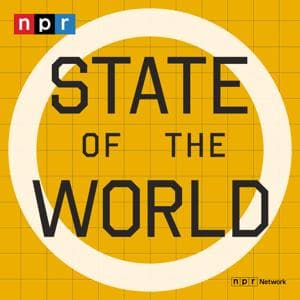
Sign up to save your podcasts
Or



By Marketplace





4.5
12541,254 ratings



The podcast currently has 2,719 episodes available.










The podcast currently has 2,719 episodes available.

30,816 Listeners

25,970 Listeners

8,797 Listeners

14,615 Listeners

933 Listeners

1,390 Listeners

2,176 Listeners

5,492 Listeners

57,062 Listeners

9,585 Listeners

10,318 Listeners

5,477 Listeners

3,615 Listeners

6,447 Listeners

6,469 Listeners

163 Listeners

2,992 Listeners

1,375 Listeners

426 Listeners

92 Listeners

422 Listeners